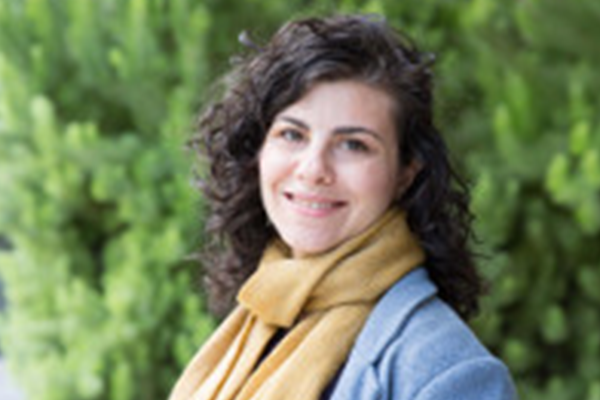
This presentation will examine the emotions of Jewish children who experienced familial separation during the Nazi years. In so doing, it will zero in on the largely Central-European Jewish youth had been brought to the United States through a child migration scheme, organized by the agency German Jewish Child Aid, that lasted for much of the duration of the Nazi regime. There is ample scholarship that has examined the work of Jewish agencies assisting child refugees, or documented the acculturation of refugees (both adult and child) in their new countries of origin, but historians have yet to knit together the emotions and experiences of refugees, particularly refugee youth. A focus on the emotions of refugee youth, however, offers insight into several key, and under researched, aspects of Jewish and Holocaust history.
Primarily, this presentation will demonstrate the ways in which emotions facilitated adaptation. Whether Jewish youth greeted migration as an exciting adventure, or worked to suppress their anxiety as they disembarked from steam ships, or concealed their emotional pain in their letters to parents, these feelings and emotional strategies helped them stomach the act of familial separation and cope with migration. Emotions, or the numbing themselves to emotions, helped them propel themselves forward through the multiple and anxiety inducing stages of unaccompanied child migration. Secondly, and just as critically, feelings help account for the agency of youth in the act of child migration and the experience of the Holocaust. This presentation will explain how emotions such as anxiety, guilt, and longing drove Jewish youth to pound the pavement in the search of affidavits and visas for their kin. Rather than merely documenting that Jewish youth acquired expanded roles, Doron suggests that rendering visible the emotions explains why and how they took action, often on behalf of their elders. An emphasis on the emotional landscape of Jewish refugee youth helps us shift the historiographical focus to those who survived, to regions outside the European continent, and from individual actions and organizational policies to emotions.
Daniella Doron is a senior lecturer in Holocaust and Genocide Studies in the Australian Centre for Jewish Civilisation in the School of Philosophical and Historical Studies. She received her PhD in 2009 from the Departments of History and Hebrew and Judaic Studies at New York University, where she wrote
a dissertation entitled, “In the Best Interest of the Child: Family, Youth, and Identity in Postwar France, 1944-1954.” Her first book, Jewish Youth and Identity in Postwar France (Indiana University Press) was published in 2015.
This lecture is free and open to the public.
This lecture is presented by the Migration, Mobility and Immobility Project, the Melton Center for Jewish Studies and the Department of History at Ohio State.
